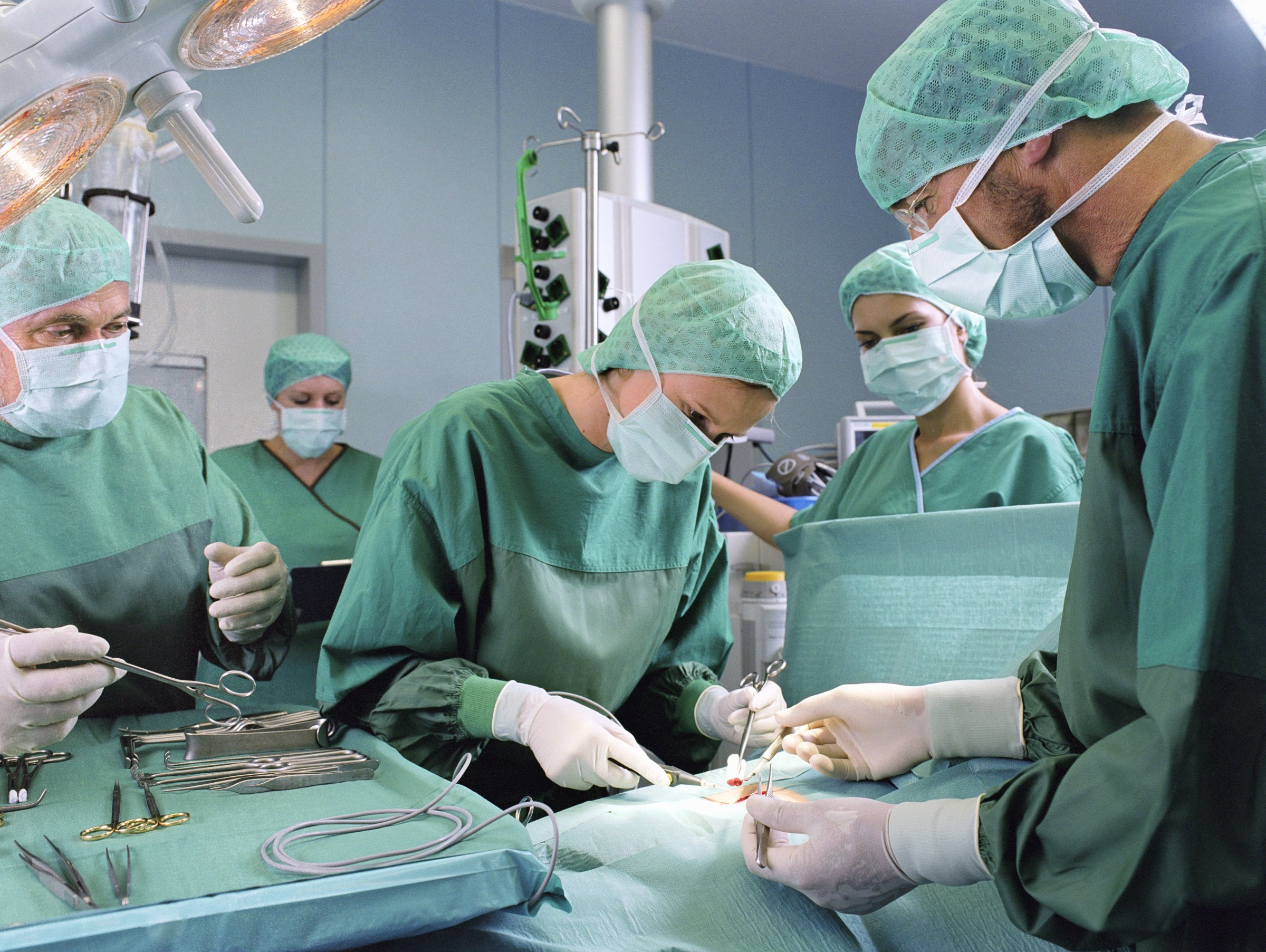
Larry was a doctor trainee at a hospital where I taught in Burbank. I recommended that he not passdue to his poor preparation and work habits. But he did, and set up a general practice nearby. He had trouble with it, though, and drifted into addictionmedicine over time, helping patients overcome their problems (he was said to have had a cocaine problem in his past). He later moved outside the immediate area, and word got around that he was a go-to localfor scoring prescription narcotics. People who encountered him thought he might be high. Eventually, the DEA entered his life, and he put a gun into his mouth and pulled the trigger.
An upcoming ballot initiative on malpractice caps in California includes a provision that would require physicians to be drug- and alohol-tested prior to practicing at any hospital, and require other health care practitioners to report any suspected abusers. This is packaged with other measures that appear punitive towards all physicians. But the drug-testing provision deserves scrutiny because, while drug testing is widespread in American business, and required of nurses and many medical workers, private doctors have not been routinely tested.
I’d like to tell you substance abuse isn’t a problem for doctors, but unfortunately, I’ve seen firsthand that there are physicians who practice while they are under the influence. And we physicians often find it hard to speak up when we see something. The attitude is all too often, If it isn’t my patient, it isn’t my problem.
I personally made it my practice never to have a drink at lunch or in the evening when I was on call. And because I was on call for most weekdays for 30 years, I never felt free to drink during my career. Sadly, that was not always what I encountered from my fellow physicians.
When I was a young ER physician new to a small community hospital in California, I called in a prominent surgeon to perform an emergency appendectomy. He arrived, reeking of alcohol. There was no other availablesurgeon, and a delay exposed the patient to significant risk. The surgery went ahead, and the patient did fine. But I asked around, and the surgeon turned out to be known as a boozer, frequently coming to the hospital drunk. This still haunts me, and I left that hospital rather quickly.
That was my first experience with the difficulty of dealing with physicians who abuse mind-altering substances. I didn’t make any sort of formal report on the surgeon; I would have felt intimidated. I passed the word along to colleagues, but that was all I did. Today, as a senior physician in the latter part of my career, I would hope that I’d do more.
But that was a case when I recognized a problem. It can be hard to recognize that a colleague has a substance abuse problem, even if you’re a trained observer of addicts. Among my professional pursuits, I was the director of a drug/alcohol program for a large medical group, and personally saw every patient who entered the program for several years.
In 1994, I hired an associate, Cindy, a graduate of a famous cancer center, looking for temp work. She was young, attractive, and very smart. But I was surprised by her poor work habits, and my staff reported strange behavior. Drugs from the office started disappearing. I just couldn’t believe Cindy was abusing drugs, until it became undeniable. (Although she denied it.) A year later she had her license revoked for drug use, unrelated to my experience with her.
Until a few years ago, the licensing board for physicians in California had a diversion program for those who were identified as having an abuse problem, which allowed such physicians to keep their licenses if they sought adequate rehabilitation. It had a 75 percent long-term success rate and allowed for anonymous reporting of suspected abuse. However, the licensing board, in its wisdom, recently discontinued this program as they felt that the board’s primary mission was patient protection, not physician rehabilitation. Funding should not have been an issue: the program was paid for by physician licensing fees, not by taxpayers. Nothing has appeared to take its place, and so California is without a confidential reporting system for doctors.
I’ve spoken with a number of practicing physicians recently, and surprisingly, I hear a lot of support for mandatory testing. This support may have less to do with protecting patients than with a feeling of impotence in dealing with colleagues who abuse drugs and alcohol.
Mandatory testing will cost a lot of money, and it is intrusive to the daily practice of medicine. But patient safety concerns justify such testing for physicians, just as air safety concerns justify testing for pilots. And even with testing in place, doctors should not be excused from their obligation to report colleagues, and the government should provide a way to make such reports confidentially.
None of this should be done by a deeply flawed ballot initiative; instead, the Legislature should craft a careful law that will work in practice.
Ken Murray MD is a retired Clinical Assistant Professor of Medicine from USC, and is a frequent contributor to the Southern California Bioethics Commitee Consortium. He writes on topics of end-of-life, ethics, and water. His writings have been published in media world wide in virtually all languages, and he speaks frequently on these subjects.
More Must-Reads From TIME
- The 100 Most Influential People of 2024
- The Revolution of Yulia Navalnaya
- 6 Compliments That Land Every Time
- Stop Looking for Your Forever Home
- If You're Dating Right Now , You're Brave: Column
- The AI That Could Heal a Divided Internet
- Fallout Is a Brilliant Model for the Future of Video Game Adaptations
- Want Weekly Recs on What to Watch, Read, and More? Sign Up for Worth Your Time
Contact us at letters@time.com